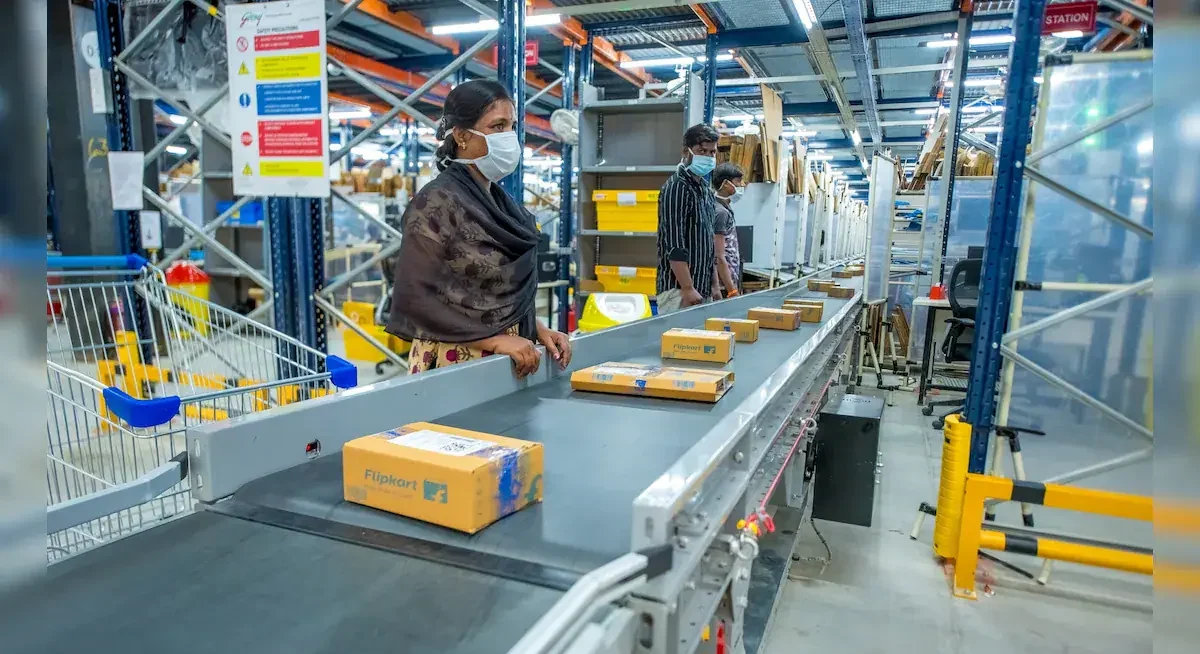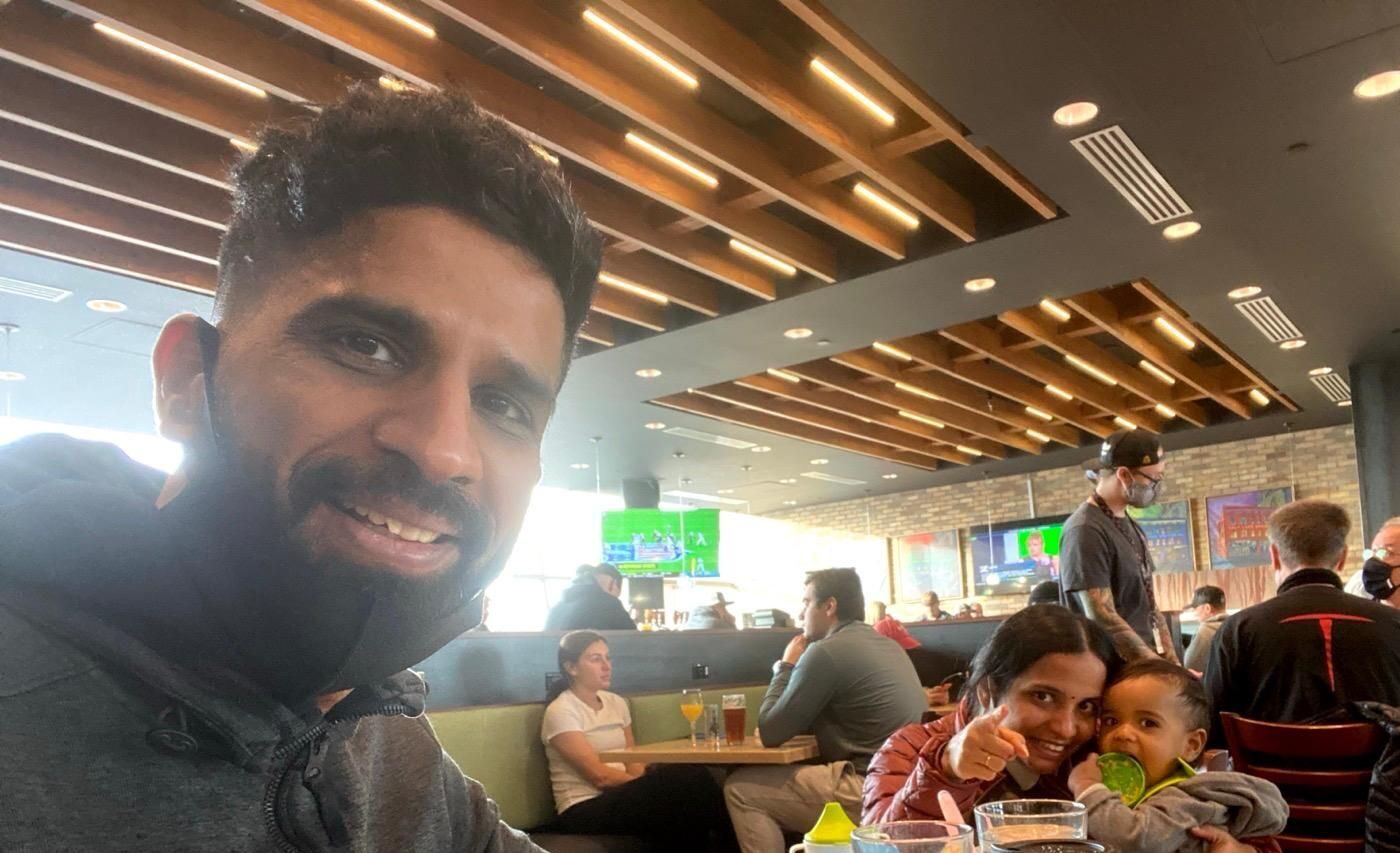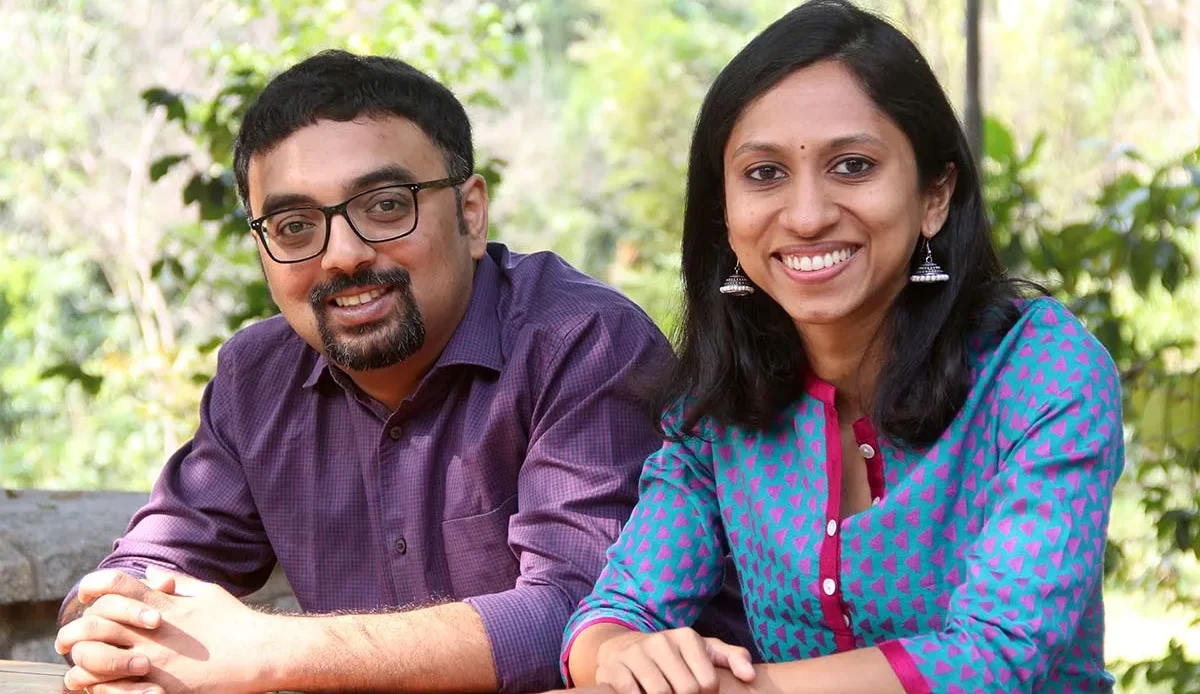In a bold and innovative move, the Indian Railways has launched ‘Lucky Yatra’, a behavioural nudge campaign that transforms the humble ₹5 Mumbai local train ticket into a potential daily reward worth ₹10,000. Aimed at tackling the persistent issue of fare evasion, the initiative represents a pivot from punitive enforcement to positive reinforcement.
The campaign, launched in March 2025 in partnership with FCB Communications Pvt. Ltd., seeks to incentivize lawful travel habits among Mumbai’s 7.5 million daily local train commuters. Instead of fines or crackdown drives, ‘Lucky Yatra’ taps into the power of aspiration.
How it works?
Whether purchased via app, counter, or automatic vending machine, every valid local train ticket automatically enrols the commuter into a daily lucky draw. Winners receive ₹10,000, while a larger weekly jackpot of ₹50,000 is also up for grabs. Commuters need not fill out forms or pay extra; their travel alone qualifies them.
Participation is limited to local and daily ticket holders, with verification managed via the official Lucky Yatra website.
An old problem, a new lens
Mumbai’s lifeline, its suburban railway system, witnesses between 4,000 to 5,000 cases of ticketless travel every day. While the average ticket costs around ₹5–35, Indian Railways estimates this contributes to monthly revenue losses in the range of several lakhs. Traditional methods—enforcement squads, fines, loudspeaker announcements—have largely plateaued in effectiveness.
This is where Lucky Yatra offers a sharp deviation. It doesn’t penalize fare evaders; it rewards compliance.
A strategy rooted in behavioral economics
The campaign is underpinned by principles of “hope marketing” and “future reward bias.” These psychological nudges are widely used in industries like gaming and lotteries, where the allure of uncertain but life-changing rewards compels participation.
India’s own domestic lottery market worth over $30 billion annually is proof of this pervasive cultural predisposition towards hope. By linking small everyday transactions with the potential of a large jackpot, Lucky Yatra aims to shift behavior from avoidance to engagement.

“This initiative recognizes that behavior is shaped more by aspiration than fear,” said a senior Western Railway official familiar with the project. “It’s about using the psychology of reward to build a habit of compliance.”
Early response and future outlook
Although Indian Railways has not made official available data on the campaign’s effectiveness so far, early signs indicate that interest is increasing, especially among youth and the daily wage worker. Online response on the platform of the campaign and increased word-of-mouth have boosted reach.
Experts say the true test will lie in sustained behavioural change over time. If successful, Lucky Yatra could serve as a blueprint for similar interventions in public transport systems across other Indian cities, including Delhi, Kolkata, and Chennai.
A quiet shift in public service communication
More than a lottery, Lucky Yatra signals a transformation in how Indian public institutions are beginning to approach problem-solving less through control and more through cooperation. By repositioning buying a train ticket as a civic duty and a potential opportunity, the campaign is nudging everyday compliance into something aspirational.
In a city where a ₹5 ticket powers lives, livelihoods, and now, perhaps even luck, this experiment is more than just a rewards program, it’s a shift in thinking.
Also Read: How to Become an IRCTC Partner?






















